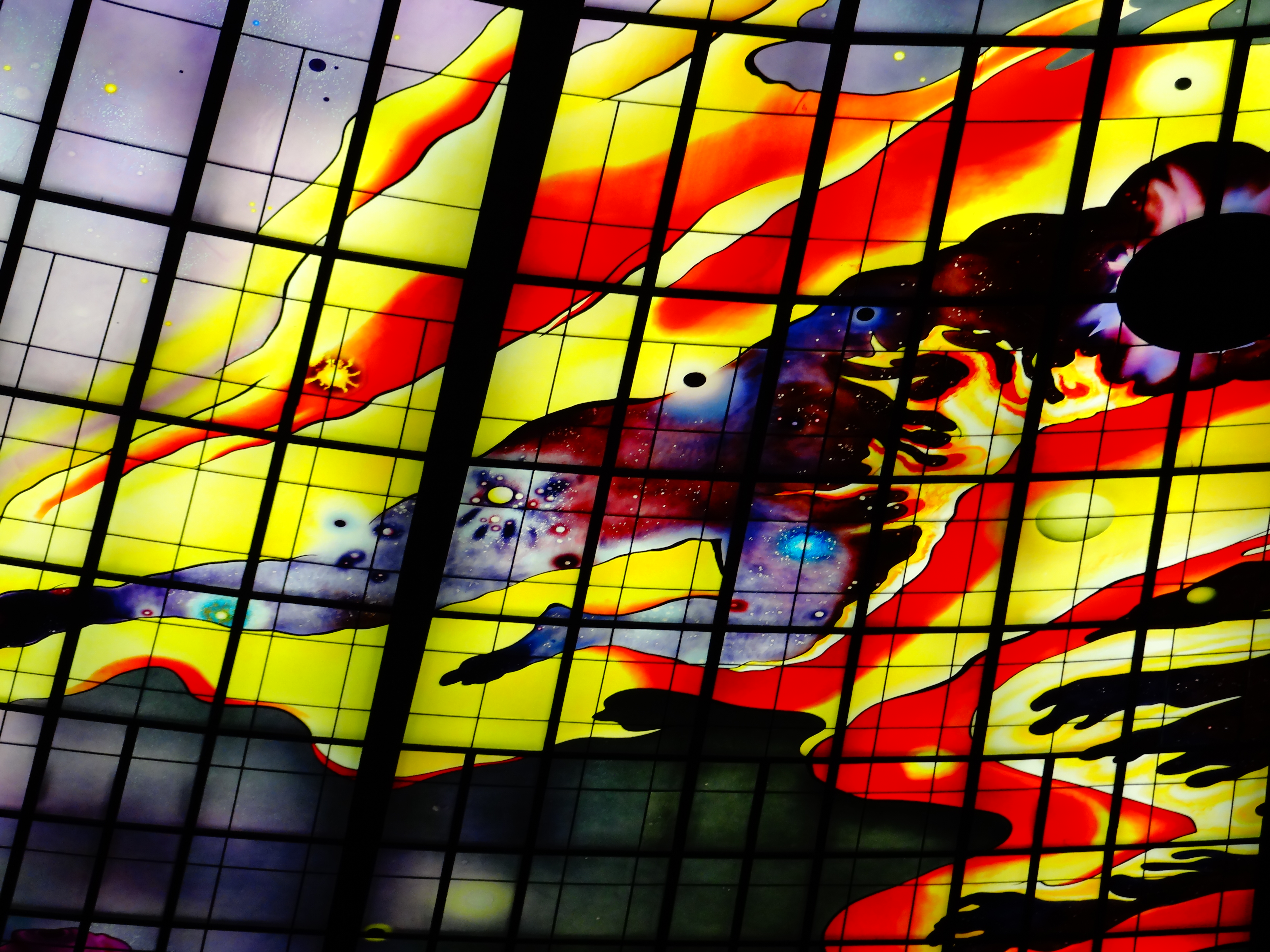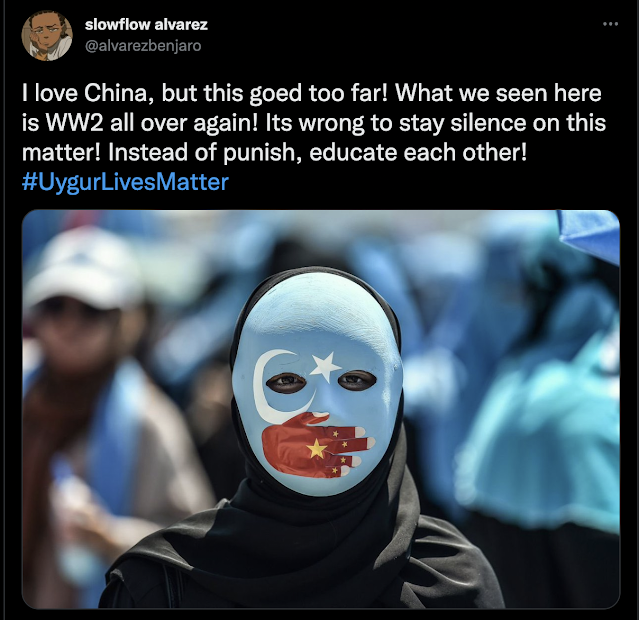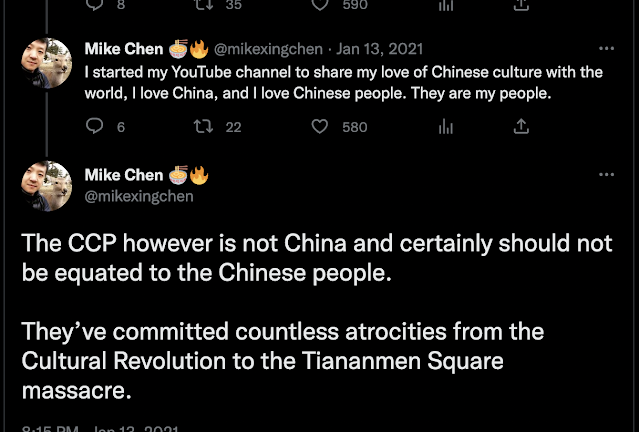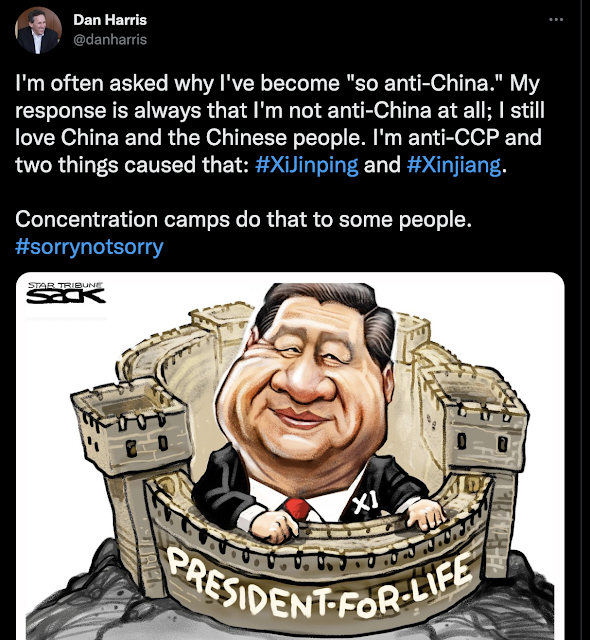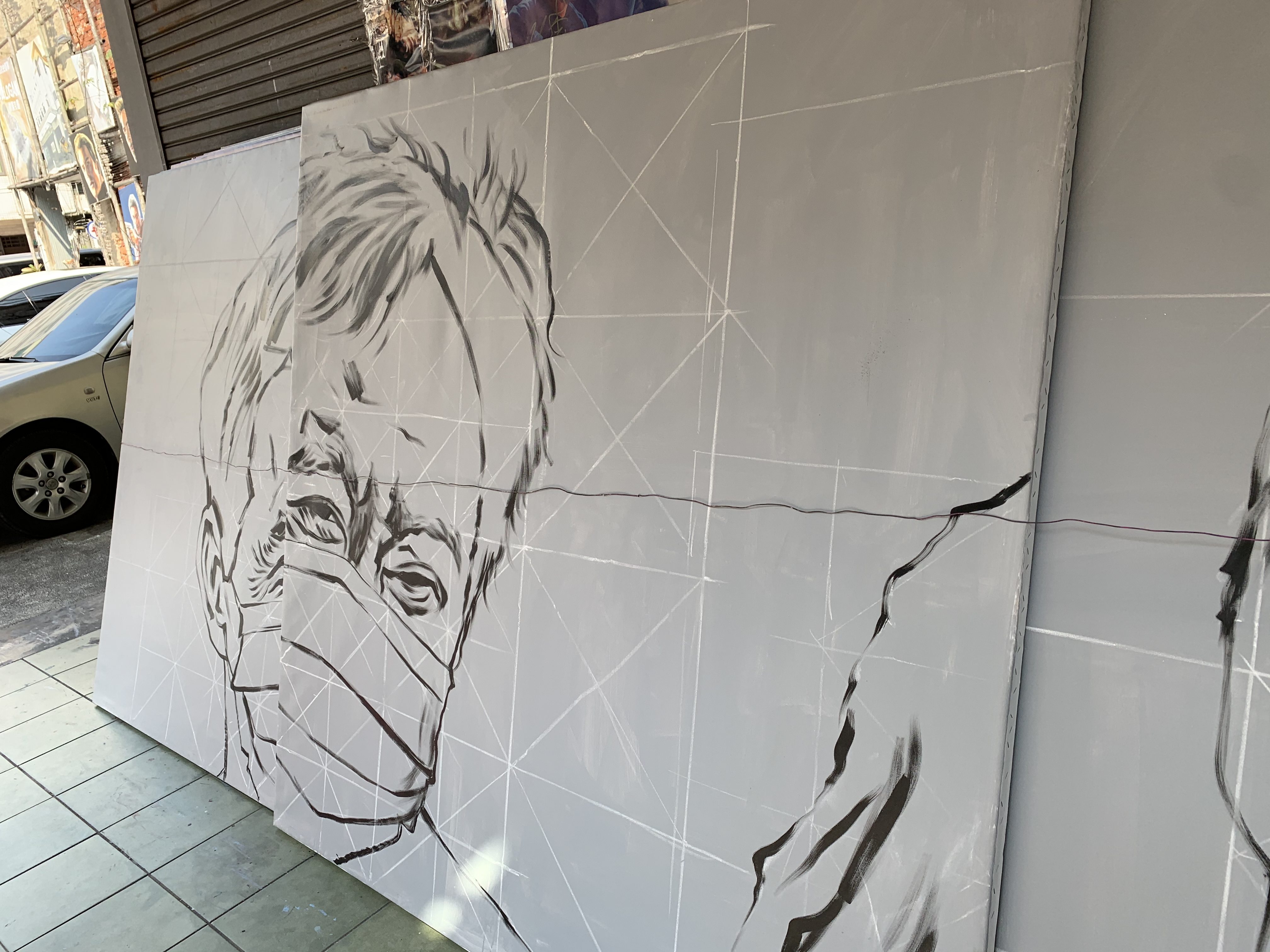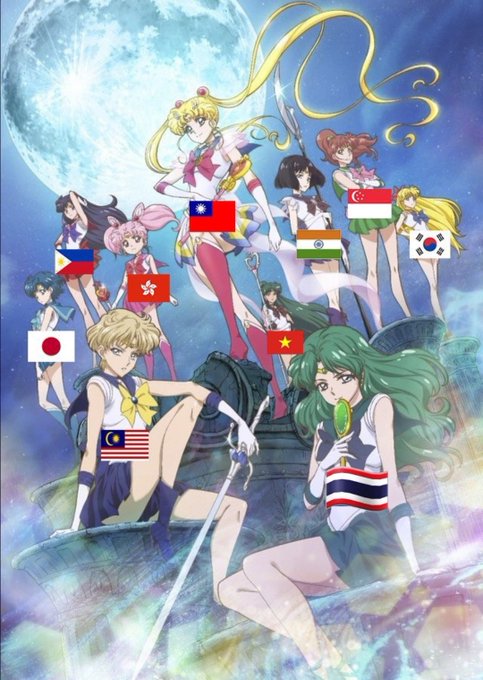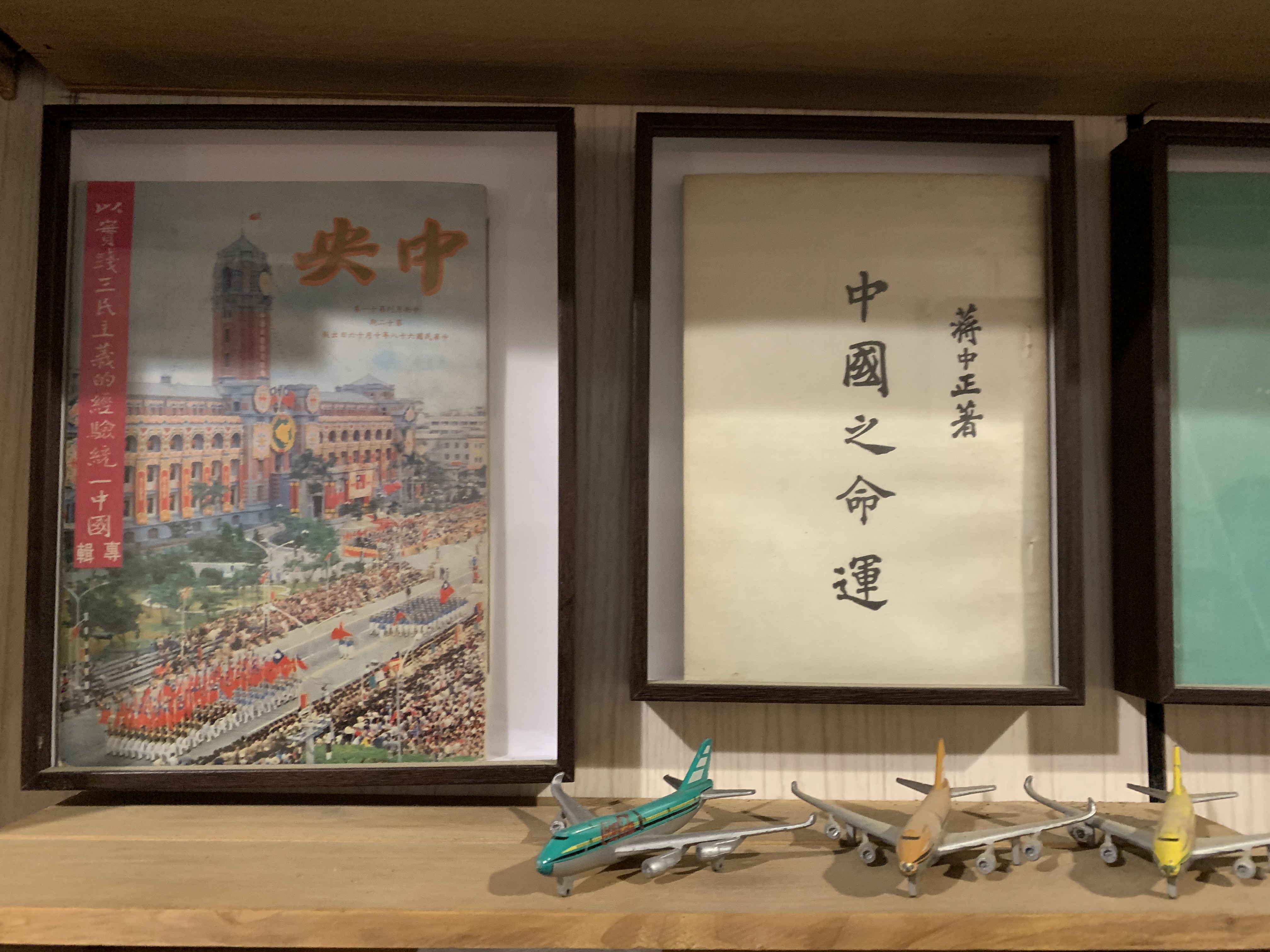
It feels like the ultimate conversation ender, and I'll admit I've used it myself. When debating (well, Internet Shouting) with someone about, say, the brutality of the Chinese Communist Party or the status of Taiwan or just about geopolitical issue, it's both easy and satisfying to shoot back at a hostile interlocutor: "have you even been to China?"
Or India, or Venezuela, or Turkey, or whatever country's particular situation is being discussed.
I'm certainly guilty of this, because, when it comes to the sorts of Geopolitical Internet Shouting Matches I tend to get into, I actually have been to just about any country I might get into a "discussion" about (again these aren't really discussions, at least, they're not carried out by people who are actually listening to each other). Yes, I've been known to relish the moment when Shouty Guy asks it of me.
Have you ever been to Taiwan? Yes, for the past 17 years, and I'm here right now.
All you Westerners living in Taiwan don't even know what China is like! Perhaps, but I used to live there and have returned more recently than you'd think for someone with my political views.
You don't know the real China! It's not just Shanghai and Beijing! Okay, but I lived in Guizhou, so of course I'm aware of this; my experience outside the major cities is why my opinion of the Chinese government is so grim in the first place.
You act like you know what's going on in Xinjiang, but have you ever even been there? Yes. Admittedly it was awhile ago, but I did once travel overland between Urumqi, Kashgar, Karakul Lake and Hotan. I have probably spent more time and covered more ground in Xinjiang than just about anyone asking this. From the way Uyghur people felt about the government foisted upon them even back then, I absolutely believe they're being subjected to a cultural genocide now.
On the other hand, anyone I'd ask the same question to has almost certainly not had such on-the-ground experience. It's not that people who've spent time in a place will automatically have more thoughtful or nuanced views -- I've met some real dunderheads who've spent decades in Taiwan and yet have gotten the whole country astonishingly wrong -- but one can usually tell from the actual language used. If it reads like they got their opinion from either United Front talking points or major international media, tempered not at all by personal experience, then you're usually talking to someone whose opinion is formed more by what they want that country to represent vis-a-vis their own worldview than anything else. You know, that China is great because they are claim to be socialist or communist, and just look at their high-speed rail network! It must be a paradise that validates everything I want to be true about how the USA is terrible and therefore China must be great! That sort of thing.
There's a problem with the "have you been?" narrative, though. It's not that real-world personal experience doesn't matter -- it does. But it's also the worst kind of thought-terminating cliche. If you can throw down on who's spent more time somewhere, and that person "wins", then it's not really an argument at all, let alone a discussion. It's the geopolitical equivalent of "climate change isn't real because we had a really cold winter here last year" or "vaccines are dangerous because I know a kid who got a vaccine and then was diagnosed with autism!" It's anecdotal, empty-headed shouting.
I don't want to "win" an argument about the CCP because I've been to China and the other guy hasn't. I want to win it because I'm right! (If I am indeed right, which of course I think I usually am -- we all do. Human nature.) I don't want to win an argument about Taiwan because I've lived in Taiwan for 17 years. I want to win it because my observations about Taiwan are more accurate than the other guy's.
It's not that my experience in these countries doesn't matter, it's that it's not the only thing that matters, and perhaps not even the most important thing.
Because it's a thought-terminating cliche, it circumvents the much thornier issue of who is actually right, or at least closer to being right. I know more than one foreigner in Taiwan (hell, more than one Taiwanese person in Taiwan) who has beliefs about Taiwan that I find to be utterly asinine. For instance, I do know people here who believe that Taiwan's only path forward is through some kind of "One China" framework. That person might have spent years or even their entire life in Taiwan, and yet they'd be wrong compared to, say, someone who's never been here but believes (rightly) that Taiwan has the right to determine its own future and poll results consistently show that most Taiwanese do not consider themselves Chinese.
Let's take one of my favorite stupid Twitter arguments as an example. Some dipshit venture capitalist who's been in China for maybe a year posted about how great China was, citing driverless vehicles and some super-smart kid he met. He insisted the genocide in East Turkestan (Xinjiang) was highly questionable because it wouldn't be practical or good for the economy to erase Uyghur culture or disappear Uyghur people. Drew Pavlou -- a divisive activist who gets a lot of attention -- challenged this guy (to be clear, so did I).
He shoots back at Pavlou some variation on "have you been to China?"
Because, of course, Chad Brosephson McVenture-Capital was there at that moment (posting on Twitter through an illegal VPN without seeming to realize it was illegal, to boot), and Pavlou's never been to China. He couldn't go even if he wanted to, because he's gotten the Chinese government's attention.
Here's the thing, though. Like him or not, Pavlou was right and the venture capitalist douchebro was wrong. It really didn't matter who'd spent time in China and who hadn't. We have sufficient documentation of the CCP's various and horrifying brutalities to know he's right, and the douchebro had...a few months of Rich Person Life in China, and an anecdote about a smart kid.
As usual, I had a bit of a trump card on this guy, because he might've spent time in China but I've spent more, and probably seen a greater swath of the country. I absolutely speak better Mandarin and have most likely read more history.
But again, I don't want to "win" because I speak better Mandarin than That Guy, either. I want to win because his anecdotes aren't helpful and his opinions ridiculous, based on exactly zero documented evidence.
I have seen that tactic play out -- oh so you've been to [Country] but do you speak the language? -- and I find it similarly unhelpful. Of course it helps to have communicative competence in the language of a country one is discussing. Certainly it can promote deeper understanding, and I respect it. But it's possible to be fluent in Mandarin yet wrong about China. It's not enough. I know people who speak terrible Mandarin or none at all who, nevertheless, have a more accurate view of the Taiwan-China situation than foreigners I know who speak beautifully and are married into local families, but have swallowed the TVBS deep-blue pill because it's what their in-laws watch.
"Have you been?" does help to root out the drive-by opinionators, the people who only care (or claim to care) about issues like Taiwan's sovereignty because it validates some other belief they have about the world: usually that the US, or capitalism, or the military industrial complex are good or evil or what-have-you. They've not only never been to Taiwan, never met a Taiwanese person and certainly don't speak Mandarin, but whether or not they actually care about Taiwan is debatable, if not outright doubtful.
I'll never say that personal experience is useless, or that we shouldn't even consider whether someone has been to a place or speaks the language when evaluating whether or not their opinion has merit or deserves attention. As such, I'll probably never purge "have you been?" from my own lexicon.
Certainly, because I've built a life and made a material commitment to Taiwan, I'm not terribly interested in the opinions of people in the US who think someone like me should have this or that perspective. If they want to move here, maybe I'll care (though honestly, I probably wouldn't), but if they want to preach from Washington DC or wherever about Taiwan, what it needs and what challenges it faces, well -- so what?
But I am going to challenge myself to use it less, and focus on the actual merits of someone's argument more. At the same time, I'll keep a closer eye on whether what I'm trying to say makes sense, or whether I'm leaning too hard on "well I've been to East Turkestan/China/ Taiwan/India/Armenia/Turkey/wherever, and you haven't! And if you have, I've spent more time than you, or have better language skills than you!"
Only by looking at the actual merits of an argument can we see that someone like -- say -- Drew Pavlou is actually correct about China, and Tyler McTechbro is wrong even though he's been.
It's not that actually having been to a place doesn't matter, but it's too simplistic, and we can do better.

